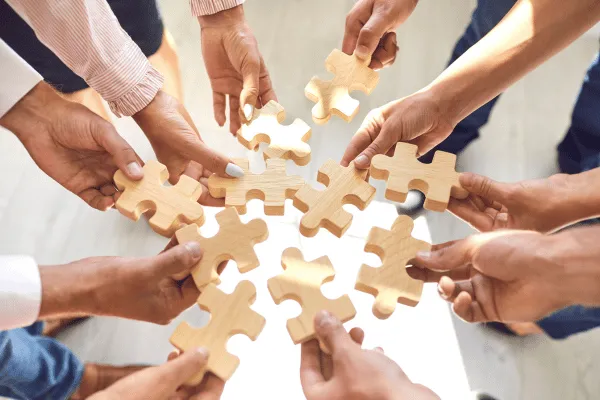
How Do You Define Sustainability?
Why clarity matters before you embed sustainability in your early childhood service
What Does Sustainability Mean to You?
And does it mean the same thing to the rest of your team, the children, families, or your wider community?
You might be surprised… 😲
At the Project Sustainability Collective, we’ve asked hundreds of educators, leaders, and community members this exact question—and received just as many different answers.
So, why the wide range of responses?
Because sustainability is a concept, not a checklist. It’s broad, layered, and often emotionally charged. It’s shaped by our lived experiences, education, values, culture, and the unique context of our place and community.
It’s not something you can simply “tick off.” It’s more about the vibe...
For some, the word “sustainability” sparks feelings of confusion, guilt, or overwhelm. For others, it stirs hope, connection, or a sense of purpose.
This is why, if you’re leading or embedding sustainability in your early childhood setting, one of the most important first steps is to create a shared understanding of what sustainability means—for your people and your place.
🧩 Start with the Question: What Does Sustainability Mean to You?
Ask your team. Ask the children. Ask families.
And not just in a group setting—open up space for 1:1 conversations. Group discussions (especially in staff meetings) can often lead to repeated or ‘safe’ answers. Individual conversations give people space to think honestly and independently.
Once you’ve gathered a range of responses, notice the common threads.
Where are the overlaps? Where are the differences?
If everyone has a slightly different take, that’s okay—it’s actually an opportunity. When you bring those pieces together, you can begin to co-create a shared understanding of sustainability that’s authentic, inclusive, and reflective of your unique context.
📚 What the EYLF 2.0 Says About Sustainability
The revised Early Years Learning Framework and My Time Our Place framework include a clearer and broader definition of sustainability:
“Seeking to meet the needs of the present generation without compromising the needs of future generations.”
(Brundtland Report, 1987)
The Framework also emphasises that sustainability is multidimensional, encompassing:
Environmental sustainability 🌱
Social sustainability 👥
Economic sustainability 💰
These three dimensions are interconnected—and educators are now expected to recognise, respond to, and articulate these connections in their planning, practice, and documentation.
It’s a shift away from sustainability being just about “green” activities—towards an integrated, relational, and future-focused way of thinking and being.
✨ Want help unpacking this shift?
Download our free Sustainability Principle Decoder—your guide to understanding the updated sustainability expectations in the EYLF 2.0 and MTOP.
🔍 So, How Will You Define Sustainability?
You can start with the definition in the Framework—or you might decide to co-create your own definition that reflects your team, your children, your families, and your community.
Either way, the key is clarity. When your team shares a common understanding of sustainability, it becomes easier to:
Make aligned decisions
Identify meaningful opportunities
Build consistent language across your service
Engage families and communities in purposeful ways
Think of it like putting together a puzzle: each person’s perspective is a piece. And together, they create your big-picture approach to sustainability. 🧩
✅ What Next?
If you're ready to move from abstract ideas to action, we're here to help.
Join the waitlist for our upcoming online Masterclass:
🎓 From Abstract to Action: Making the Sustainability Principle Work in Practice
A self-paced professional learning experience that will help you build confidence, capacity, and clarity as you embed sustainability meaningfully across your service.
